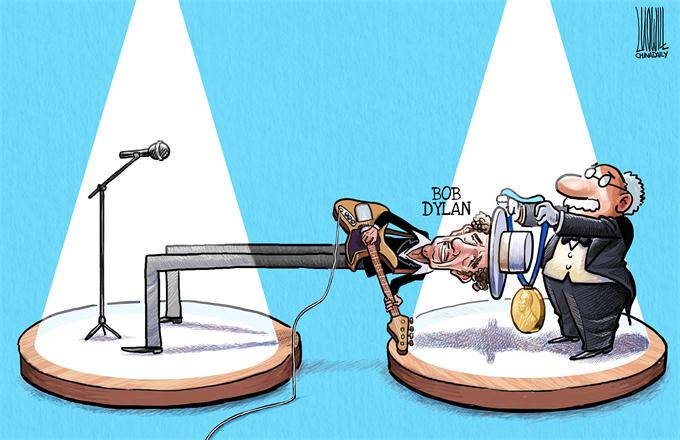Legal system needs more transparency
The concept of a "rule of law" society was enshrined in China’s constitution in the 1990s and has been reaffirmed repeatedly since then. Yet for many outside the country – and even for many citizens – its legal system remains a puzzle of contradictions.
The progress of recent years is evident: precedent-setting cases that would previously have been denied a hearing are now going to court. Interference by outside parties and higher-ranking officials is diminishing; the government has even established a mechanism for reporting such abuses.
However, a company involved in a legal dispute in China is often faced with conflicting realities – whether between the central government’s preferred best practices and local customs, or between the expectations of different bodies.
In developed centers, such as Beijing, Shanghai and Guangzhou, the litigation process is often more predictable and transparent. In other locations, processes can be less clear, with uncertain deadlines. In some cases involving foreign companies, one side in the dispute has been able to access the judge without the other present. In court, legal or technical arguments are not often given the attention they would receive in the West, creating loopholes that can change the outcome.
Viewing the rule of law, accessible to all, as a means to ensure stability, China’s central government is no longer turning a blind eye toward such inconsistencies. The government is pushing ahead with legal reforms that include clear steps to actually curtail corruption, not just restrain its appearance.
Increasing transparency is one such step, with the higher courts more open to external scrutiny to demonstrate that justice is being served. When the Supreme People’s Court of China agreed to accept a retrial brought by US basketball legend Michael Jordan against Chinese company Qiaodan Sports, for alleged naming rights infringement, it opened the case to the public and televised it on ts.chinacourt.org, an outlet dedicated to providing live public access to court hearings.
The court heard the case on World Intellectual Property Day in April. The timing was not likely a coincidence, and reflected the Supreme Court’s desire to show its commitment to IP protection and transparency. It also set a public example for lower-level, provincial and city courts to follow.



















